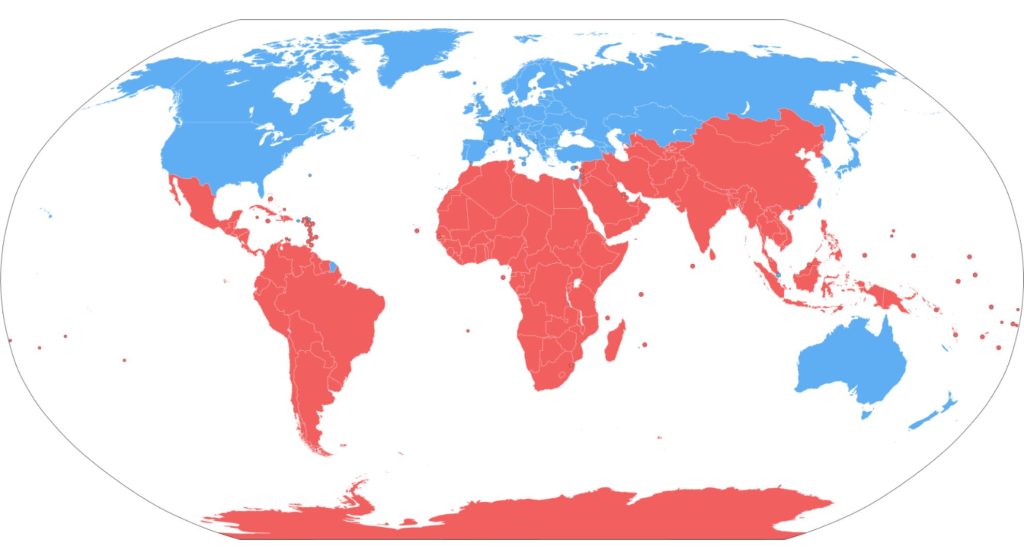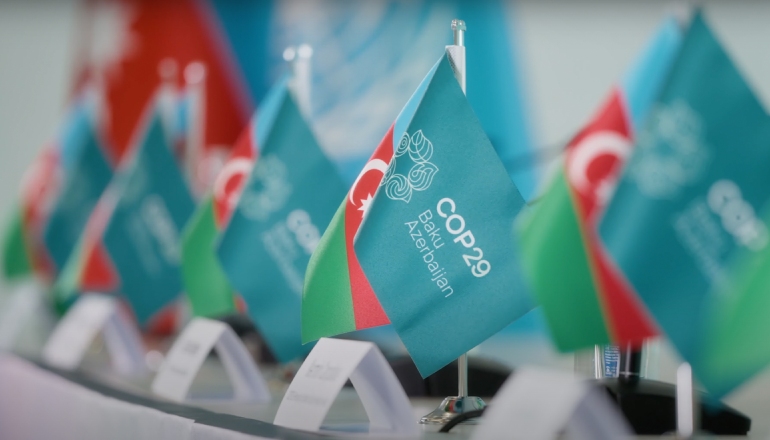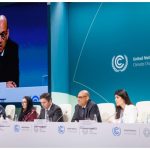The Global South is under considerable vigil in this COp29. For one reason, many stakeholders have called upon the Global South to accelerate efforts to mitigate climate action.
The Climate Accountability Matrix, launched at COP29 by the Council on Energy, Environment and Water (CEEW), indicates that most G20 members must significantly increase their climate action efforts.
The study is titled “Are G20 Countries Delivering on Climate Goals? Tracking Progress on Commitments to Strengthen the Paris Agreement.”
It highlights the need for countries to demand accountability, deliver finance, and set a realistic National Climate Goal (NCQG).
The Global South index, which assesses countries’ performance in climate aspects beyond mitigation, adaptation, and implementation, found that advanced economies like France, the UK, Japan, and Germany have made significant efforts through international cooperation and climate governance frameworks.
However, concerns remain about inconsistent engagement in key climate agreements and weak ambitions. The study also highlighted the need for countries to improve sectoral robustness and create an enabling environment for ambitious climate actions.
The CEEW matrix assesses countries on five critical themes and 42 indicators, highlighting the need for accountability during the climate emergency.
The UN report warns that without increased ambition in the new National Development Goals (NDCs) due by 2025 and immediate action, global temperatures could rise by 2.6 to 3.1°C over this century. India is demonstrating leadership in climate policies, such as the National Solar Mission, UJALA program, and FAME scheme for EVs, which will reduce emissions by almost 4 billion tonnes compared to a no-policy scenario.
However, scaling India’s renewables beyond 1,500 GW will face land, water, and climate challenges. The global cost of loss and damage (L&D) to infrastructure, human health, and agriculture is estimated to increase between $1.7 trillion and $3.1 trillion per year by 2050. To ensure accountability, COP29 must decide on a New Collective Quantified Goal (NCQG) that includes investments totaling $2.4 trillion per year by 2030, including $1 trillion per year from external sources.
The Climate Emergency Working Group (CEEW) matrix assesses countries on five critical themes: international cooperation, national measures, sectoral robustness, enablers, and climate adaptation efforts.
It categorizes countries into a leader, reasonable effort, limited effort, and needs improvement. G20 members fall under reasonable and limited efforts, with countries like the EU, South Korea, India, Germany, and China showing reasonable efforts. India is demonstrating leadership by reducing emissions by almost 4 billion tonnes between 2020 and 2030, compared to a no-policy scenario, according to the matrix.
However, scaling India’s renewables beyond 1,500 GW will face land, water, and climate challenges.
Better data on loss and damage (L&D) is crucial for evidence-based decision-making and ensuring resilience and finance flows. However, a recent CEEW study found that 65% of all reported climate events across all countries lack data on economic damages, limiting informed decision-making on finance quantum and flow. COP29 must decide on a New Collective Quantified Goal (NCQG) to ensure accountability. To bridge these accountability gaps, COP29 must accelerate the transition to net zero, improve climate finance, and address gaps in delivery and fairness.
Dr Arunabha Ghosh, CEO, CEEW, said that the climate COPs are about raising ambition, enabling action, and, most importantly, holding everyone accountable. While COP28 resulted in many promises, it let developed countries off the hook.
“COP29 must be about accountability. It must accelerate the move towards net zero. The largest historical emitters have to move faster than others and reduce emissions now. Second, COP29 should raise both the quantum and quality of climate finance. As we debate the New Collective Quantified Goal, the question is not just how much is needed, but how reliably it will be delivered,” he said.
COP29 must prioritize the protection of the most vulnerable. It is the poorest who are the most affected due to climate extremes, derailing economies and reversing progress towards other sustainable development goals. COP29 must deliver on accountability, raise ambitions, push for credible and catalytic climate finance, and safeguard the most vulnerable, he said.












[…] supports the UNFCCC and Paris Agreement as climate change frameworks, aligning with Bolivia’s statement on behalf of Like-Minded […]
[…] State delegates were under pressure to set higher standards and be more ambitious for national climate plans. Countries were urged to update their climate commitments by 2025, focusing on higher emissions […]